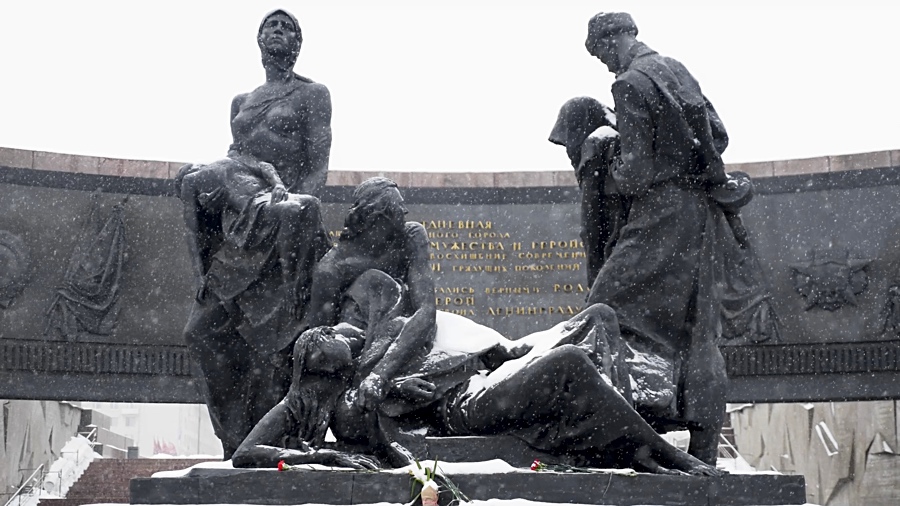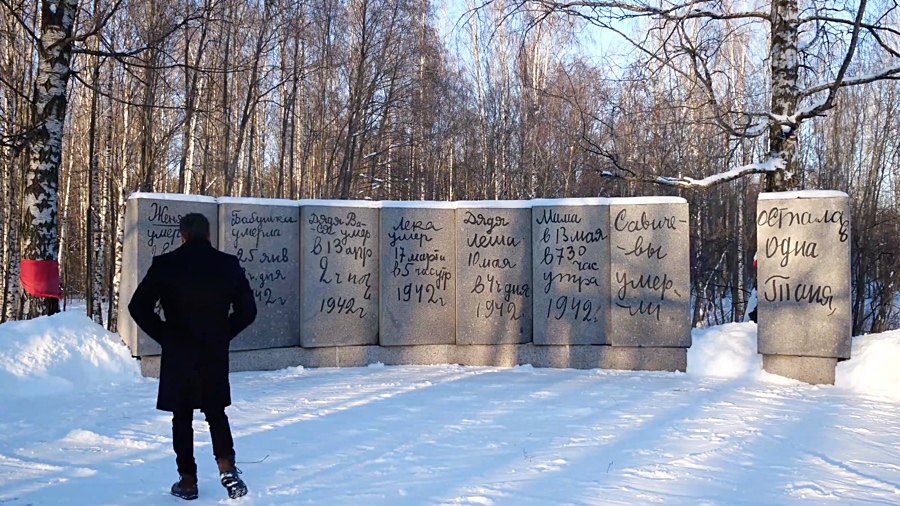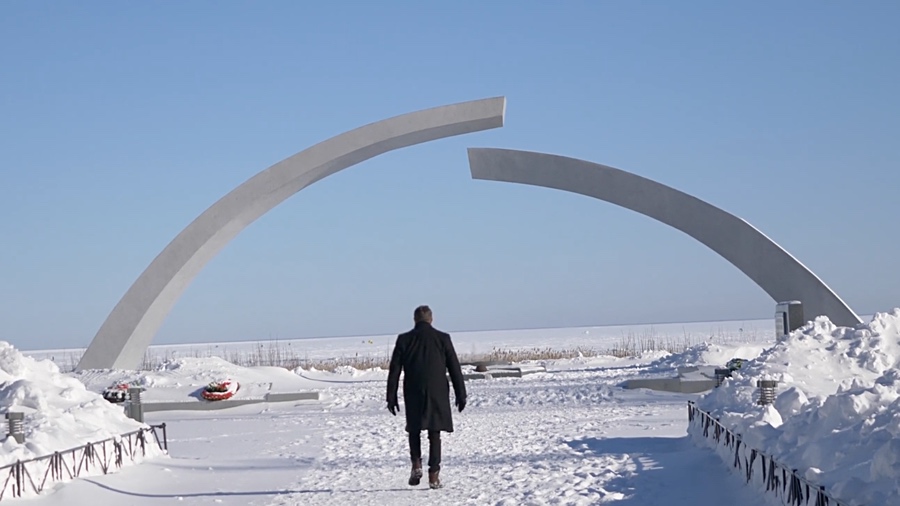Peter confessed Jesus as the Messiah; then, he rebuked the Lord for not being the right kind of Messiah:
[Jesus]then began to teach them that the Son of Man must suffer many things and be rejected by the elders, the chief priests and the teachers of the law, and that he must be killed and after three days rise again. He spoke plainly about this, and Peter took him aside and began to rebuke him (Mark 8:31-32).
Something in our human nature, our flesh, wants heroes whom we deem are worthy of being our heroes. We want triumphant, powerful, confident, and commanding heroes. These fleshly-imagined heroes are commanding and always in control of their emotions. Most of all, they are never fearful. They can look at death in the eye and not bat an eyelash, break a sweat, or nudge their resting heart rate.
We want heroes who are not us, and maybe those who are beyond us - something more than the rest of us mere mortals. Someone we can depend upon when we can't depend upon anyone else, and certainly when we can't rely upon ourselves.

Jesus was not that kind of hero. He wasn't Peter's kind of Messiah. He certainly wasn't the Messiah other people wanted. Like us, like Peter, their flesh yearned for a mighty conqueror who would slay their enemies. Jesus made clear to Peter, and to us, he would not be that kind of hero:
But when Jesus turned and looked at his disciples, he rebuked Peter. "Get behind me, Satan!" he said. "You do not have in mind the concerns of God, but merely human concerns" (Mark 8:33).
Ouch! Peter's false hero, his flesh-desired hero, wasn't God's plan. As we read Jesus' words, the Holy Spirit is nudging us to ask ourselves:
Our answer lies deep within us. In the holiest part of us, the part of us that is still divinely human, we yearn for a different kind of hero, a self-sacrificing hero. Our hearts resonate with this kind of hero because such a hero carries the stamp of the divine. Stories of such self-sacrificing heroes find their deepest fulfillment in the Messiah-story of Jesus.
The stories of sacrifice in today's James Nored video reach into the tender divine nature that lives within us, that part of us that the Lord's story of incarnation, ministry, crucifixion, death, and resurrection completes:
Our hero, Jesus, didn't enter our world triumphantly. A young peasant girl from Nazareth carried him in her womb. She gave birth to him in the most normal of ways, yet in the messiness of a most inappropriate place. Jesus' first bed was a place where animals fed. Even as a young child, our hero had to be rescued from a maniacal king. Herod murdered babies, trying to rid himself of any possible rival to his throne.
This messiness and violence were where the story of our hero, our Messiah, began. His earthly life would also be messy and end violently. Jesus did not live like any fleshly-desired hero we know. Instead, he was altogether different, yet at the same time, he shared so much in common with each of us. On the surface, Jesus' style of heroism was ridiculous and offensive. Over the centuries, however, his life has had the power to reach into us and touch where the divine part of us lives:
For the message of the cross is foolishness to those who are perishing, but to us who are being saved it is the power of God.
...
Jews demand signs and Greeks look for wisdom, but we preach Christ crucified: a stumbling block to Jews and foolishness to Gentiles, but to those whom God has called, both Jews and Greeks, Christ the power of God and the wisdom of God. For the foolishness of God is wiser than human wisdom, and the weakness of God is stronger than human strength (1 Corinthians 1:18, 22-25).

Jesus probably was not born this time of year. Most of us know this by now. Historically, it is too cold and the weather too unstable for shepherds to be out in their fields and Magi to begin their long journey to a foreign land. More importantly, there is too much "holly jolly Christmas" and consumer frenzy for a self-sacrificing hero, like Jesus, to be born around this time. Or, is there any time culturally or emotionally for Jesus to be born into a weary, worn, and harried world caught up in disease, bad economies, racial tension, and political strife. Such a world would be inhospitable, even hostile, to the Servant of the LORD to be born.
Each of those stories that surrounded Jesus' birth and earliest years of life is filled with sacrifice and risk, adventure and concern, weariness, and hope. When we recognize their theme of self-sacrifice, they touch our hearts even more profoundly. So, let's tune in to that deeper part of ourselves that yearns for such a hero and model and Savior. Let's give thanks for a hero who was one of us yet somehow rose above the flesh's power to corrupt our motives and confuse our passions. Let's remember the true nature of our Savior, Lord, Messiah, and King. And, let's choose to live like him and those who welcomed him. Let's be servants:
You must have the same attitude that Christ Jesus had.Though he was God,
he did not think of equality with God
as something to cling to.
Instead, he gave up his divine privileges;
he took the humble position of a slave
and was born as a human being.
When he appeared in human form,
he humbled himself in obedience to God
and died a criminal's death on a cross.Therefore, God elevated him to the place of highest honor
and gave him the name above all other names,
that at the name of Jesus every knee should bow,
in heaven and on earth and under the earth,
and every tongue declare that Jesus Christ is Lord,
to the glory of God the Father.













Comments
Have thoughts on this article? Leave a comment